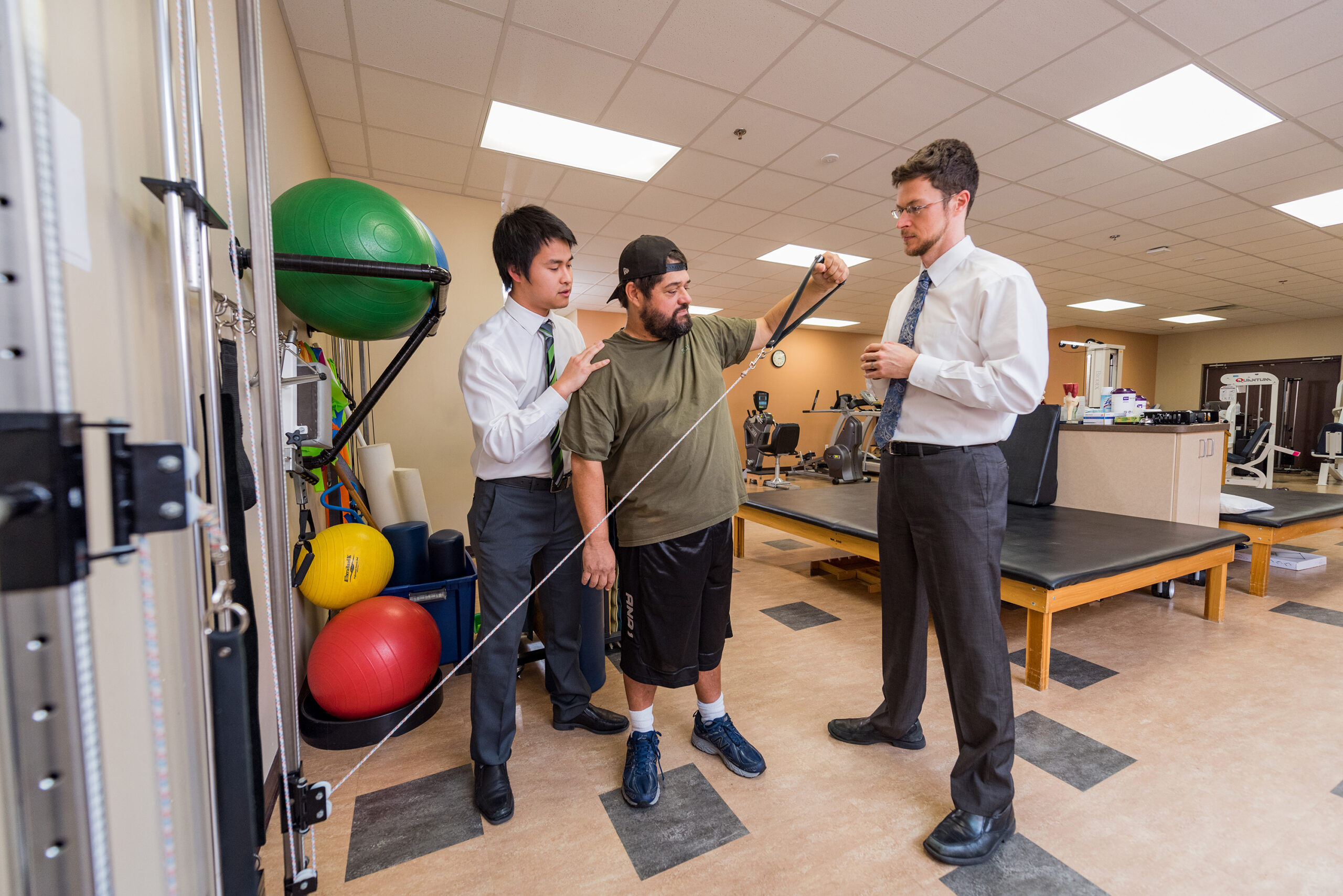Empowering Patients Via Psychological Assistance in Pulmonary Rehabilitation Initiatives.
Wiki Article
Cardio-pulmonary rehab initiatives are created to help individuals with heart and pulmonary issues enhance their health and quality of life. These initiatives commonly consist of exercise exercise, education about heart and lung health, and assistance for implementing lifestyle choices changes. However, one important element that is sometimes overlooked is the role of psychosocial support. Psychosocial assistance refers to the emotional and community help that individuals receive during their rehabilitation journey. This assistance can empower individuals, enhance their self-esteem, and help them manage the challenges that arise with long-term medical conditions.

Individuals in cardiopulmonary rehabilitation frequently face various psychological and psychological challenges. Emotions of anxiety, depression, and loneliness can be common. These emotions may arise from the pressure of dealing with a serious medical issue or the fear of future health problems. Psychosocial assistance can aid address these emotions by offering patients with a secure environment to talk about their worries and connect with peers who understand what they are going through. Collective counseling sessions and individual counseling can be beneficial ways to facilitate this support. By interacting with professionals and peers, individuals can learn coping strategies and discover encouragement from peers who have similar experiences.
Integrating psychosocial support into cardiac and pulmonary rehabilitation programs can lead to improved health outcomes for individuals. Studies indicate that when individuals receive emotional assistance, they are more likely to stick to their recovery plans, follow to treatment, and make necessary lifestyle choices changes. This involvement can lead to enhanced physical well-being, reduced admissions, and an entire better standard of living. Support teams can foster inspiration and responsibility, assisting individuals stay dedicated to their rehabilitation goals. This cooperative method highlights the significance of addressing both bodily and emotional well-being in the recovery process.
Teachers and medical providers supervised exercise programs for COPD play a vital part in offering emotional assistance within these initiatives. They can assist individuals comprehend the significance of emotional well-being in their rehabilitation journey. By establishing an environment of compassion and support, medical professionals can promote open dialogue about emotions and concerns. Training staff in communication skills and emotional assistance strategies can improve the overall patient experience. Furthermore, integrating education about anxiety reduction, calming methods, and positive coping approaches can empower patients to take an active role in their mental health.
In conclusion, empowering individuals through emotional assistance in cardiac and pulmonary rehabilitation initiatives is essential for promoting comprehensive recovery. By acknowledging the psychological and you can try these out community dimensions of healing, healthcare providers can establish a more supportive atmosphere that addresses the requirements of the entire individual. Individuals who receive this holistic care are more likely to achieve their well-being objectives and improve their overall quality of life. The inclusion of emotional assistance into recovery initiatives not only improves the patient experience but also contributes to improved sustained medical outcomes.